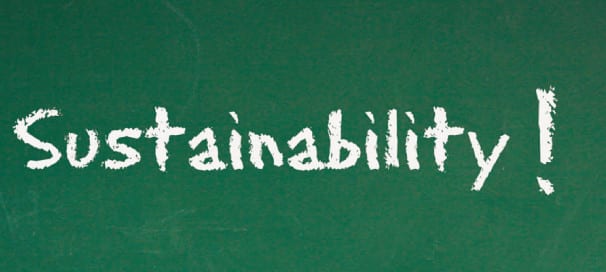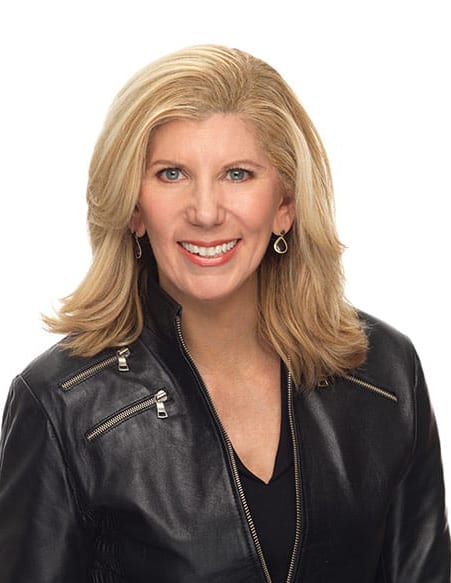Everyone agrees now that sustainability is key to growing business, but how can companies engage consumers to embrace sustainable behavior? This was the question examined at the World Economic Forum in 2012, which led to three pilot initiatives in 2013 and 2014 that focused on Milliennial consumers.
One of the initiatives with which I was involved is called “Building the Consumer Case.” At this year’s meeting in Davos, Ketchum and the other partners behind this program delved into research about sustainability framing and language that Millennials respond to or reject. We realized early on that if we could gain a better understanding of how to communicate with this group about sustainability, it could really make a difference.
 We narrowed our research focus to youth, particularly those in India and China, who present the greatest opportunity to make change. Early findings showed that discussions about sustainability needed a makeover because the issue is often perceived as irrelevant and demotivating. Over the past six months, Ketchum, fellow Omnicom agency Maslansky + Partners, and Olivier Oullier, a professor of behavioral and brain science at Aix-Marseille University in France, set out to better understand how Millennials would respond to messages via four measures: message rankings, brain activity, open-ended interviews, and in-store research at two retail locations.
We narrowed our research focus to youth, particularly those in India and China, who present the greatest opportunity to make change. Early findings showed that discussions about sustainability needed a makeover because the issue is often perceived as irrelevant and demotivating. Over the past six months, Ketchum, fellow Omnicom agency Maslansky + Partners, and Olivier Oullier, a professor of behavioral and brain science at Aix-Marseille University in France, set out to better understand how Millennials would respond to messages via four measures: message rankings, brain activity, open-ended interviews, and in-store research at two retail locations.
The results showed that these types of messages resonate with Millennial consumers:
- Less is more. Millennials want pure products that create less waste, with all-natural materials and no added chemicals. They want to use what they need, reuse what they can, and return it to the Earth when they are finished. They are not committed to consuming fewer products but want brands to take the lead in helping them “consume smarter.” In other words, they are setting a high bar and expecting companies to live up to it.
- Language should also be simplified. Be specific. Avoid the word “sustainability” and instead break it down into elements such as saving energy and water or reducing waste. The more Millennials can see a close connection to their daily lives, the more likely they are to take action.
- Millennial consumers equate sustainability with “long-lasting” and want durability. That could mean packaging that would make food last longer or well-made apparel that has a longer life in their closets.
There also were two messages that proved to demotivate Millennials:
- Positioning sustainable behavior as “trendsetting.” The key purchase driver is a connection to the product and an understanding of how it will benefit them.
- Interestingly, Millennials also tuned out when companies advocated themselves as pioneers or forward thinkers in sustainability. To successfully break through, companies must avoid greenwashing and make sure their actions are consistent with their words.
Clearly, Millennials are a unique generation, and engaging them in sustainability issues is imperative for our future. An important part of gaining their buy-in will be how the issue is positioned and talked about.
This article first appeared on PRWeekUS.com.



